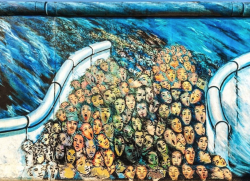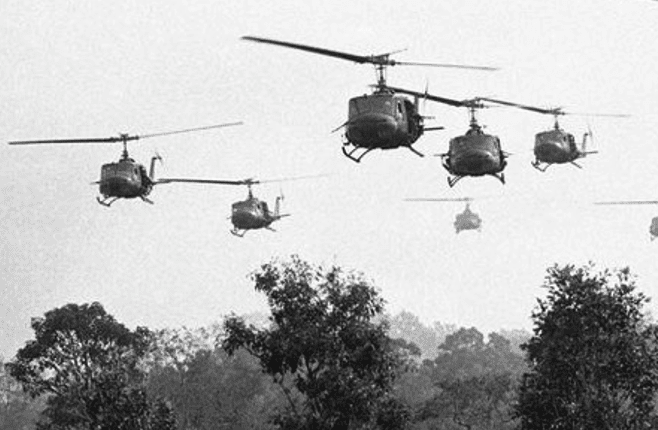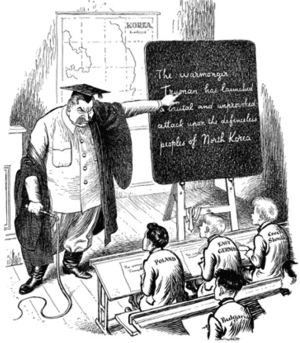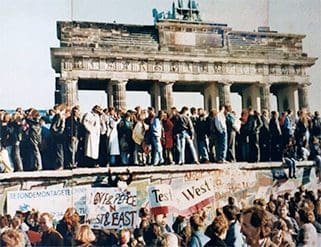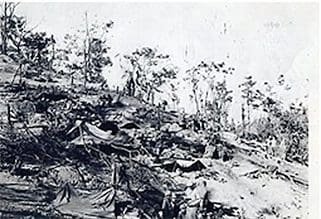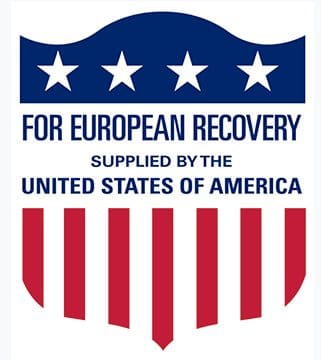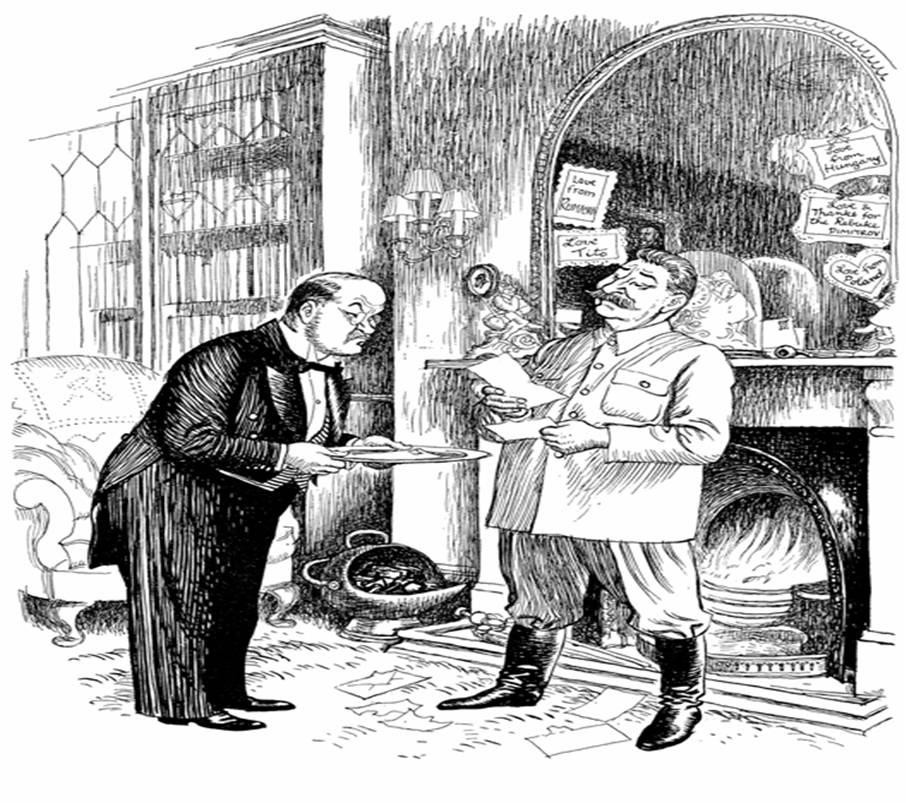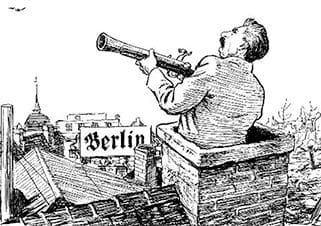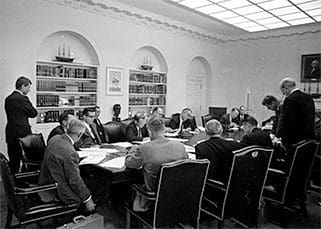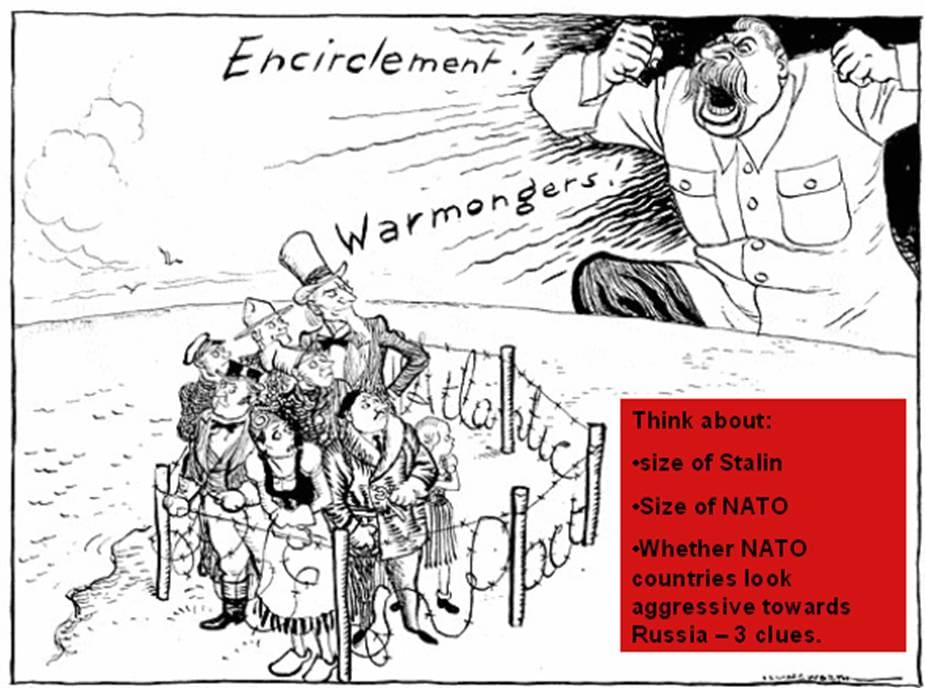International Relations 1945-1990
Berlin Wall – If relations between the superpowers were improving in the late 50s, why was the Berlin wall built in 1961? A Bone in the throat
This multi-faceted session starts with students having to shape their understanding of the reasons for the building of the Berlin…
Read MoreVietnam War – Why did Johnson really escalate the war in Vietnam?
If Johnson claimed that he wanted peace when he became president, why did he escalate the war in Vietnam and…
Read MoreSMART TASK: 10 features of the Cold War but can you spot them?
Students often learn about the Cold War in chronological order. This activity offers them an opportunity to explore 10 aspects…
Read MoreSMART TASK Key Stage 4: Stalin and the Korean War: can you interpret the cartoon?
This Smart task uses a Punch cartoon as part of a lesson on the Korean War. It carefully steers students…
Read MoreSMART TASK: Why did Communism end when it did in Eastern Europe?
Prior to writing an answer to this question students will need to organise their thinking. These factor cards might help….
Read MoreTeaching international relations 1945-1990
This section, dominated by the Cold War focuses mainly on teaching its origins, its main crises and the reason why…
Read MoreWho started the Korean War? Smart Task
In this short starter smart task students are given two contradictory accounts of the start of the Korean War, both…
Read MoreThe Marshall Plan: How should we interpret it? Just how philanthropic was it?
The activities in this very varied lesson ask students to raise questions, place sources on a continuum, add analysis to…
Read MoreThe end of the Cold War for new GCSE history: taking a fresh look
In a recent article in Teaching History David Reynolds offers some clear insights into this period which might help to…
Read MoreSMART TASK Russian take-over of Eastern Europe, 1946-9: Interpreting a political cartoon.
This simple activity encourages students to look at all the clues the cartoon provides, one at a time. As they…
Read MoreSMART TASK Key Stage 4 Deciphering a Cold War cartoon, using the slow reveal technique.
The interactive PowerPoint presentation of the famous Stalin’ The Birdwatcher’ cartoon encourages students to add layers of meaning as more…
Read MoreSMART TASK Key Stage 4: The Cuban Missile Crisis. Who was the real winner, Kennedy or Khrushchev?
Coming at the end of a study of the Cuban Missile crisis, students have to consider the ways in which…
Read MoreWho was more responsible for increasing Cold War tension between 1945 and 1949, the USA or the USSR?
This lesson challenges students to prepare a court case against both countries. The case against the USA will be made…
Read MoreWhy did the US lose the war in Vietnam? A piece of cake?
In this lesson students focus on moving their understanding of the reasons for US defeat from simply listing and grouping,…
Read MoreSmart Task: How close to World War Three did the world come in the 65 years after World War Two?
Helping pupils to develop overviews of different timescales is central to the Key Stage 3 curriculum. When so few carry…
Read More
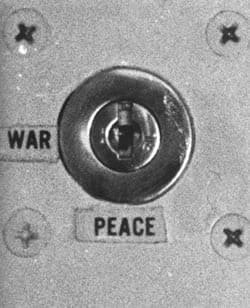 This section, dominated by the Cold War, focuses mainly on teaching its origins, its main crises and the reason why it came to an end. With the recent ‘strengthening’ of GCSE specifications many schools who had hitherto taught Inter-war International Relations alongside Germany 1918-39, now find themselves having to teach the post-45 period at short notice.
This section, dominated by the Cold War, focuses mainly on teaching its origins, its main crises and the reason why it came to an end. With the recent ‘strengthening’ of GCSE specifications many schools who had hitherto taught Inter-war International Relations alongside Germany 1918-39, now find themselves having to teach the post-45 period at short notice.